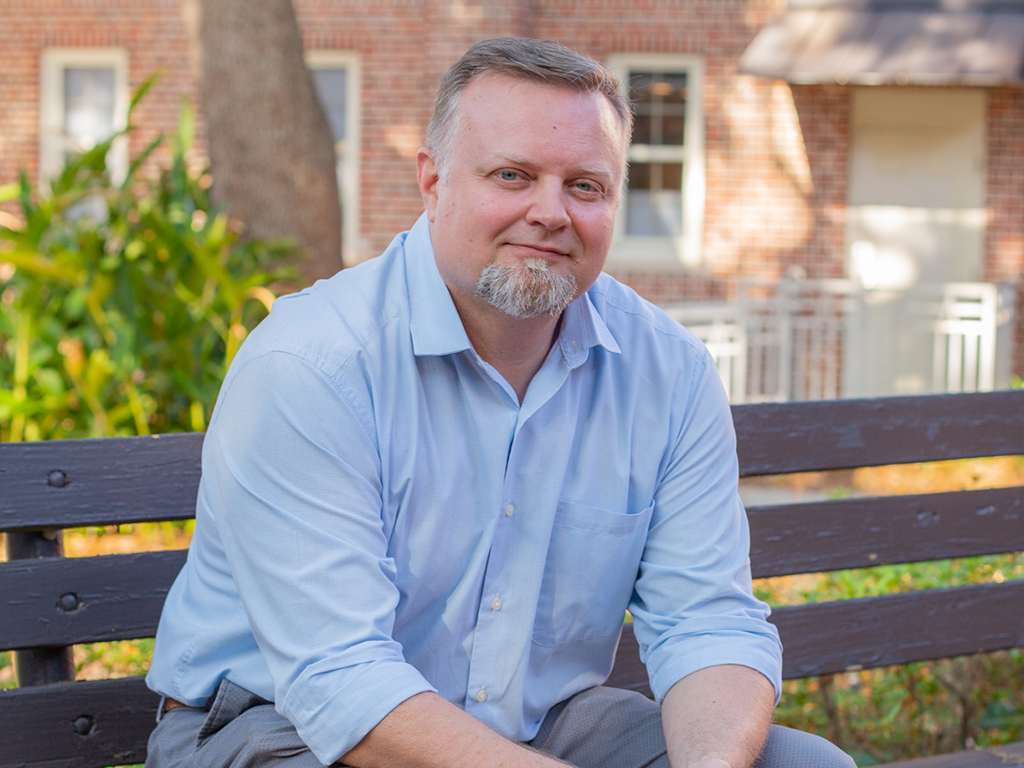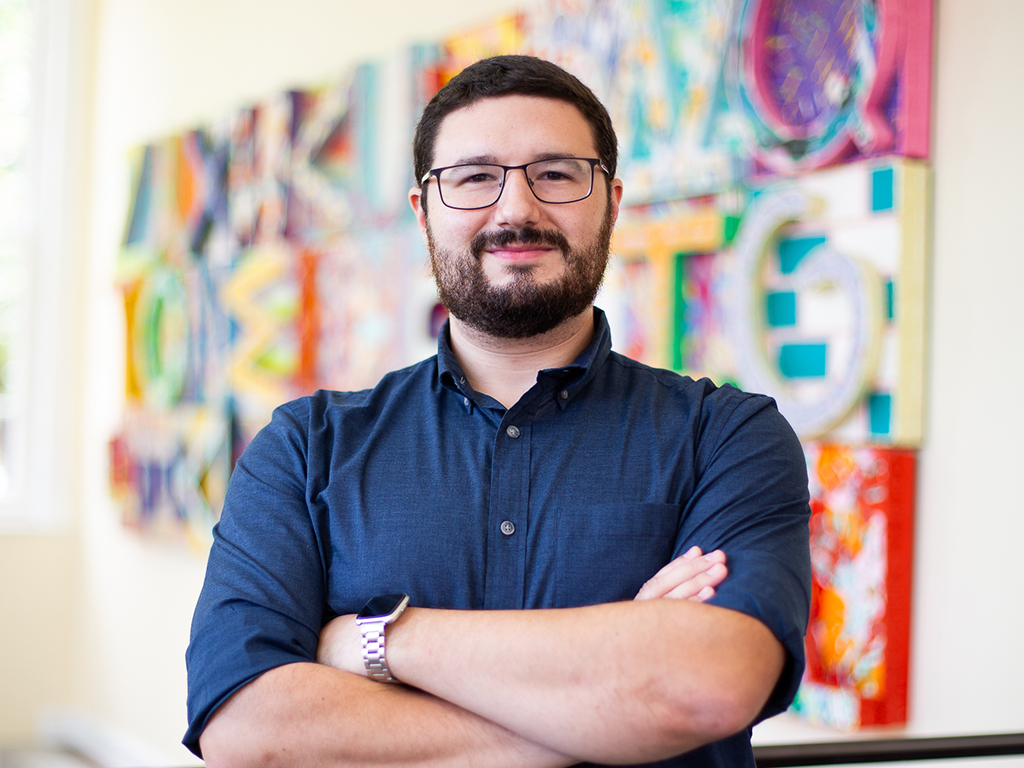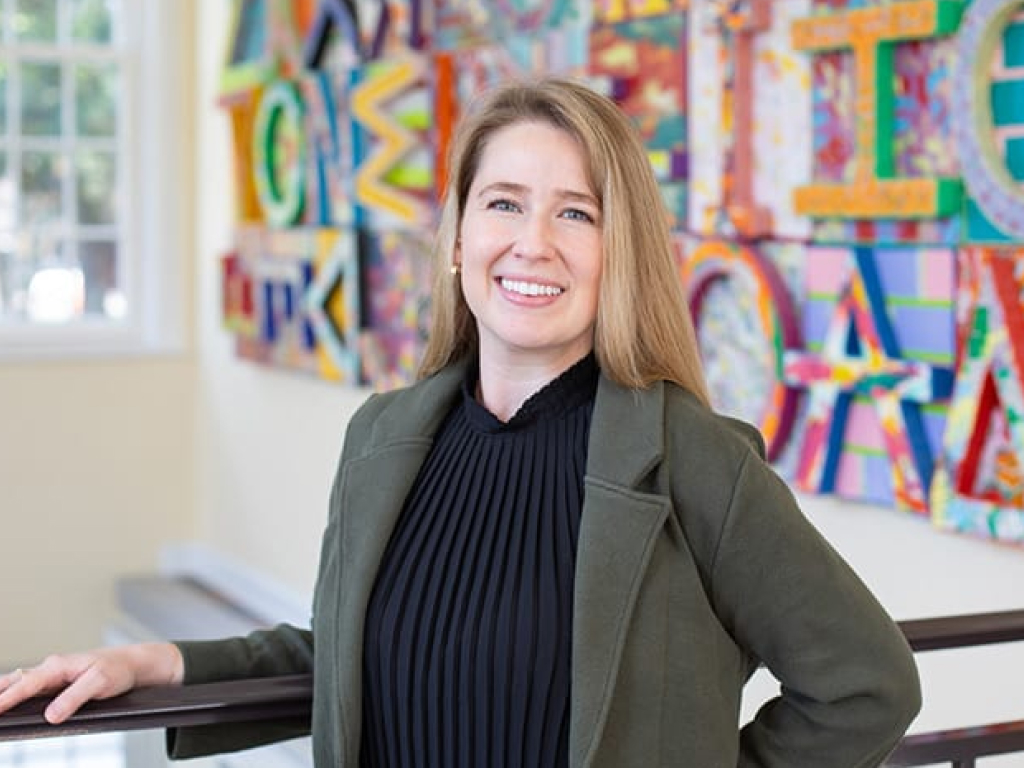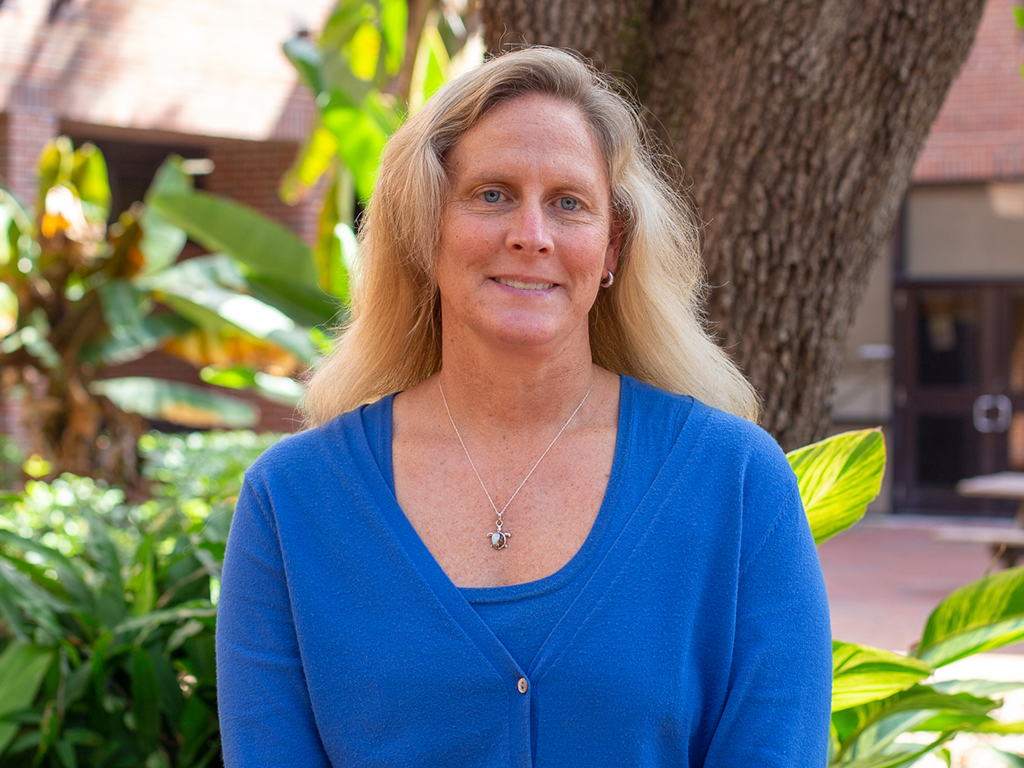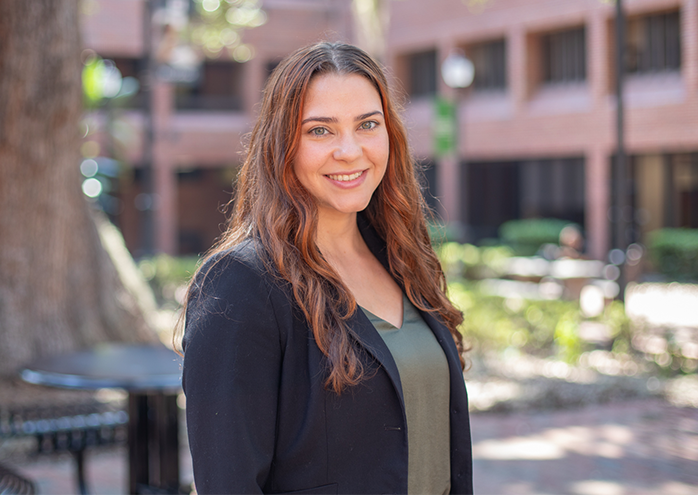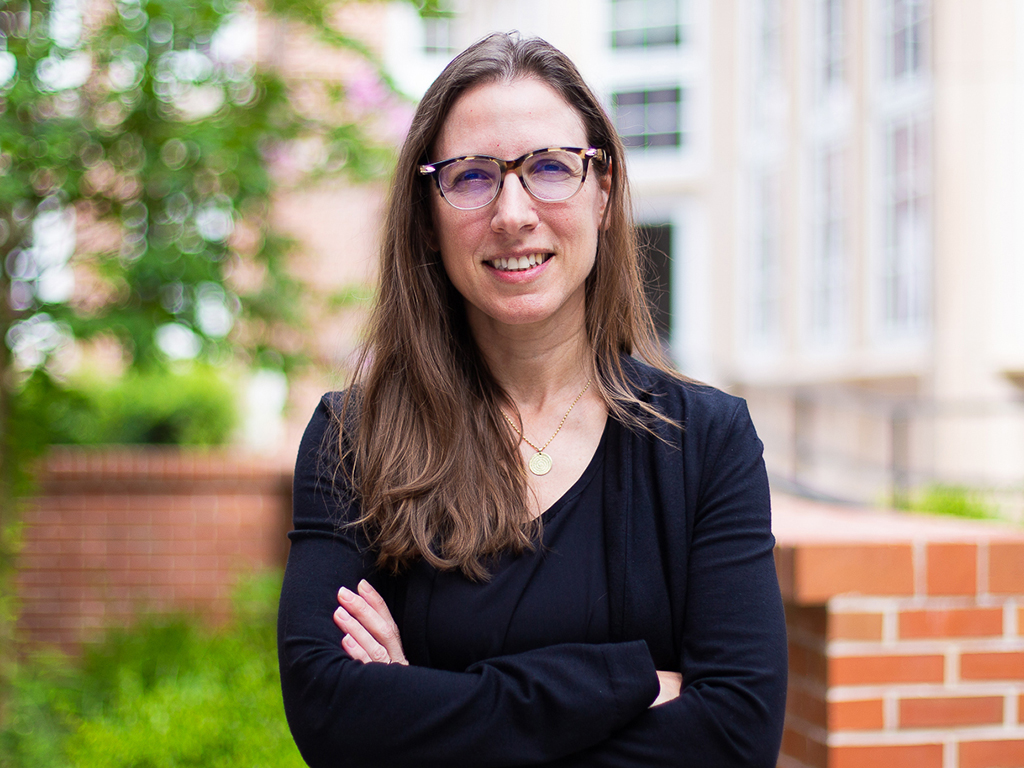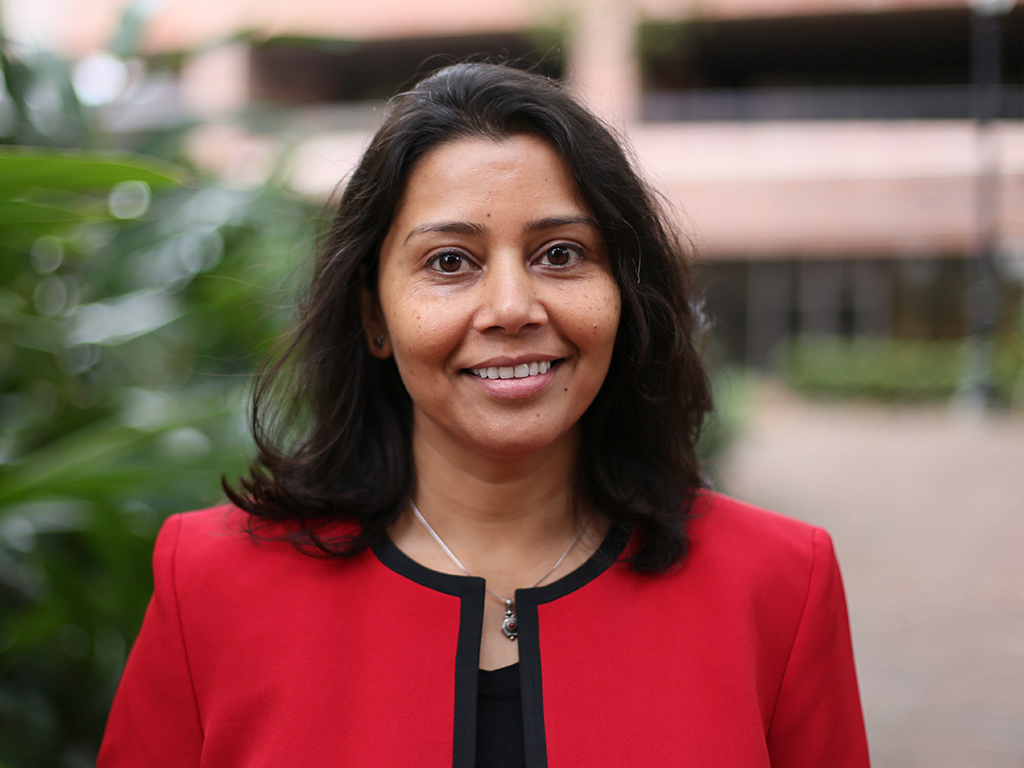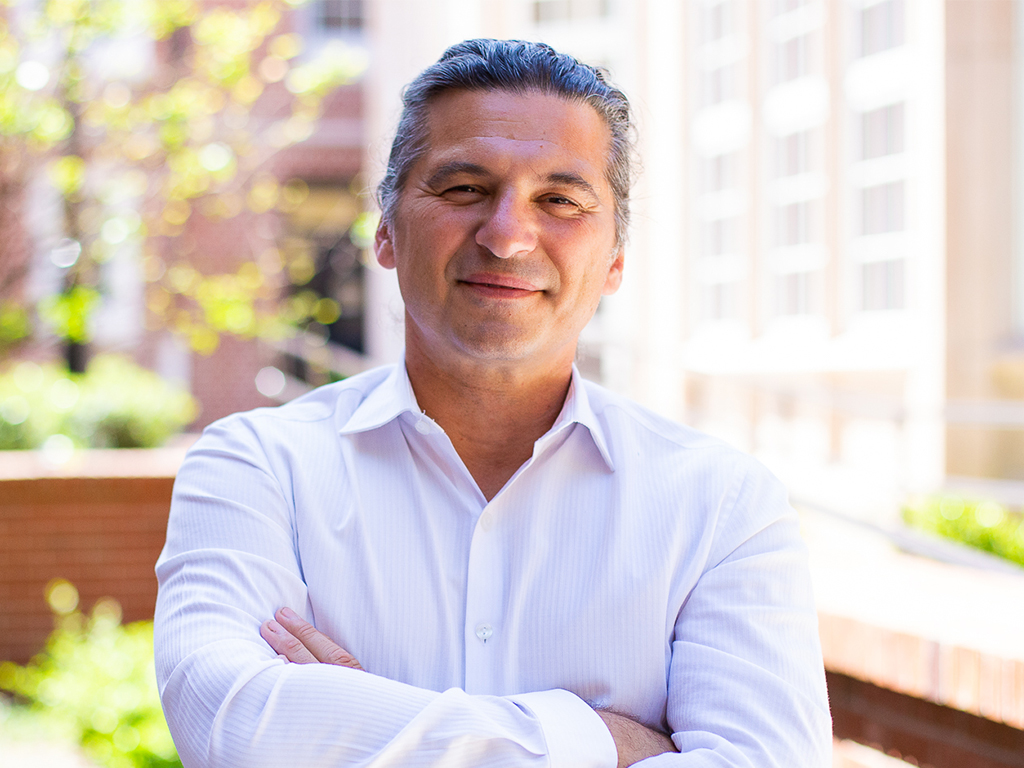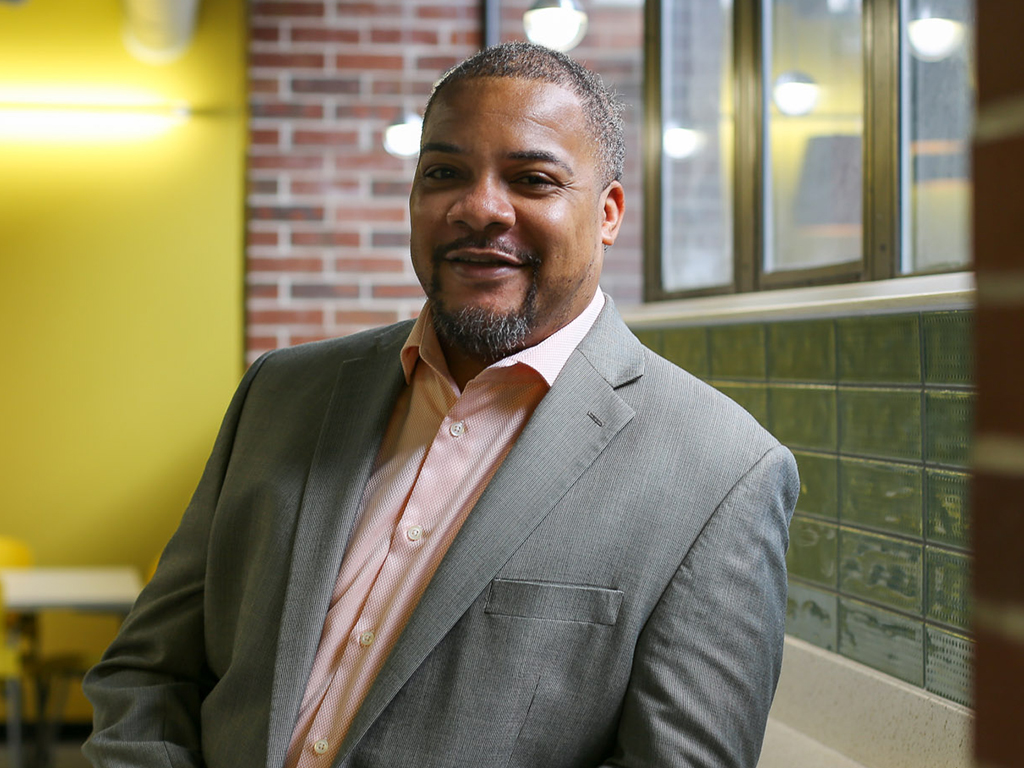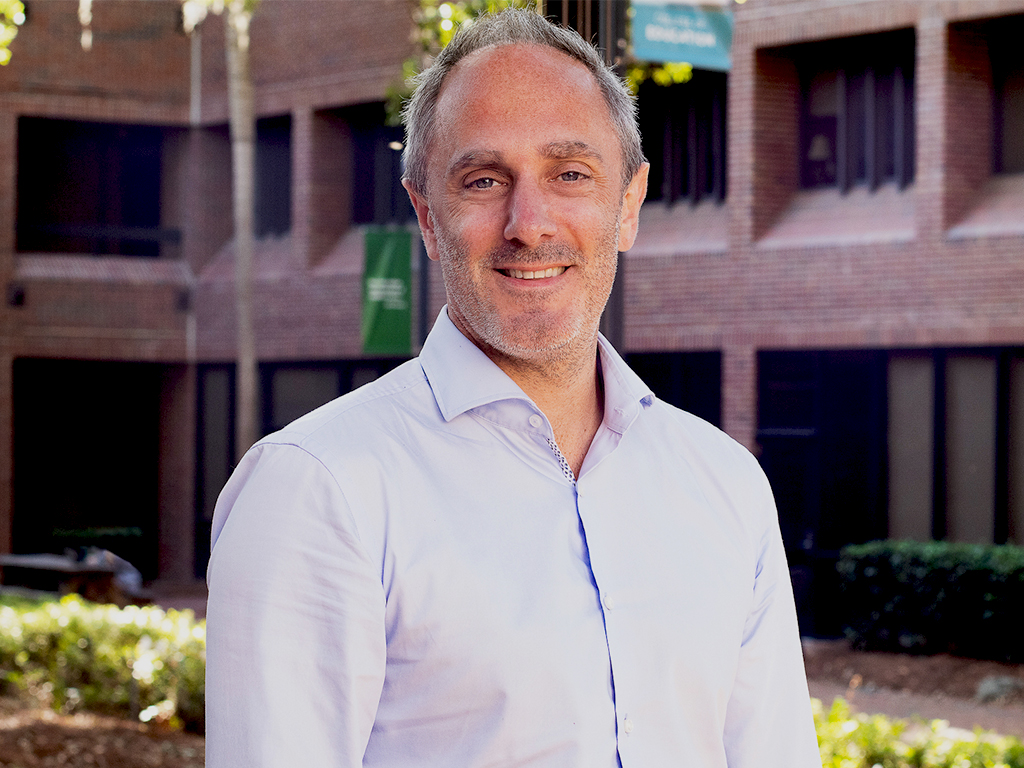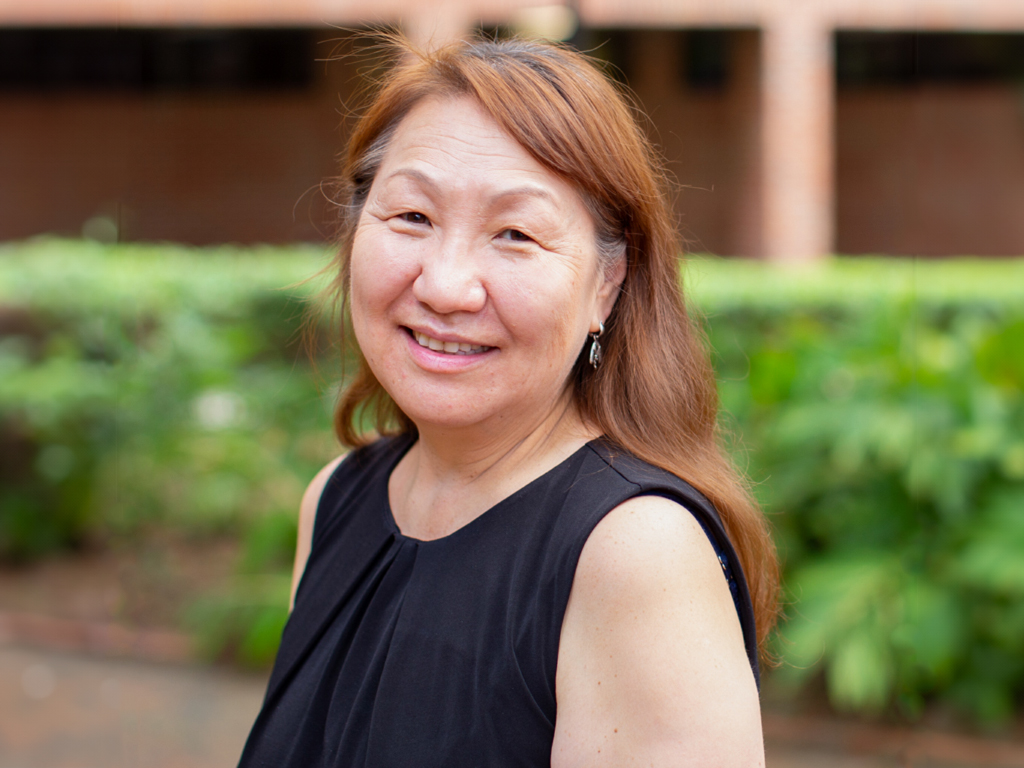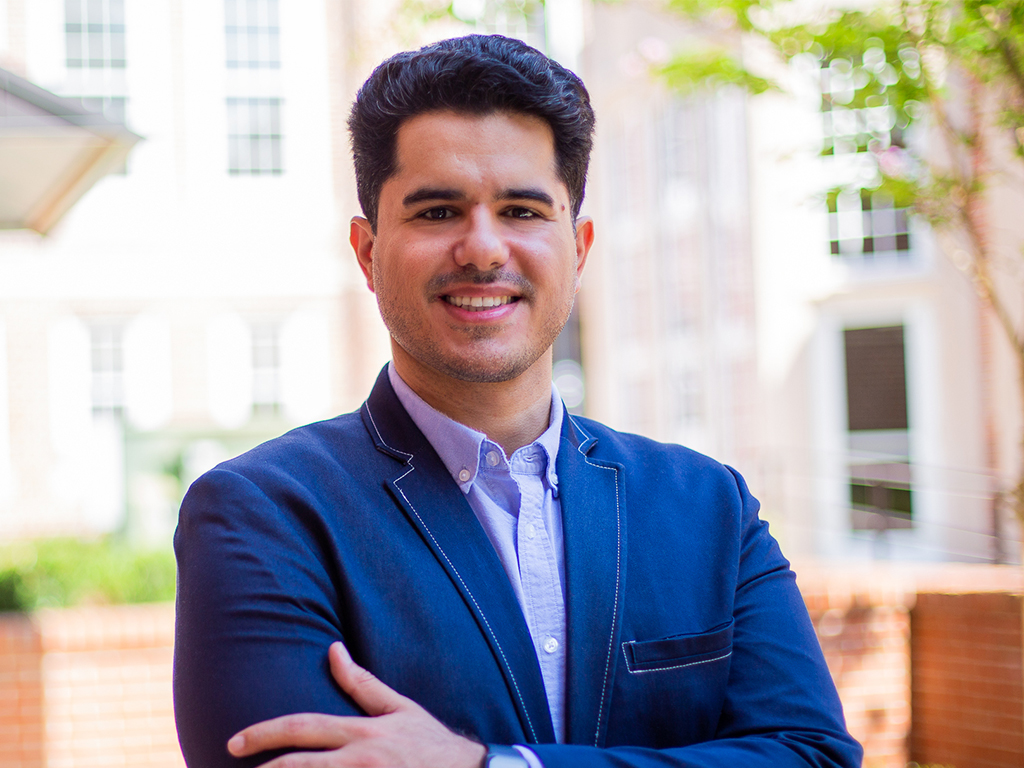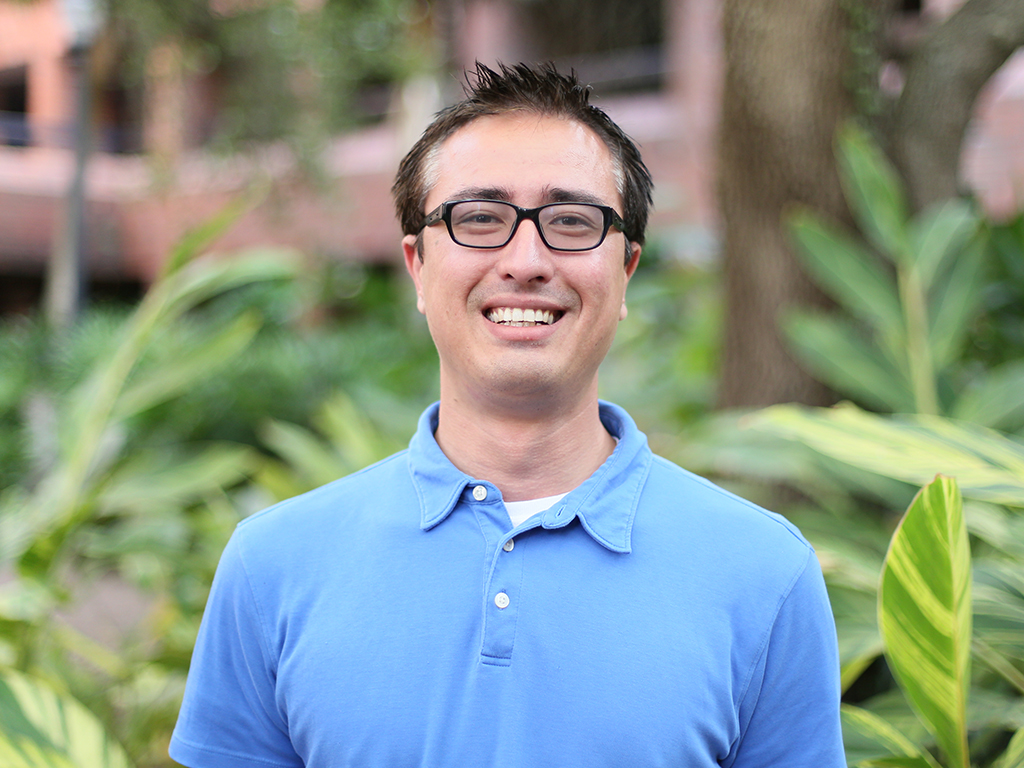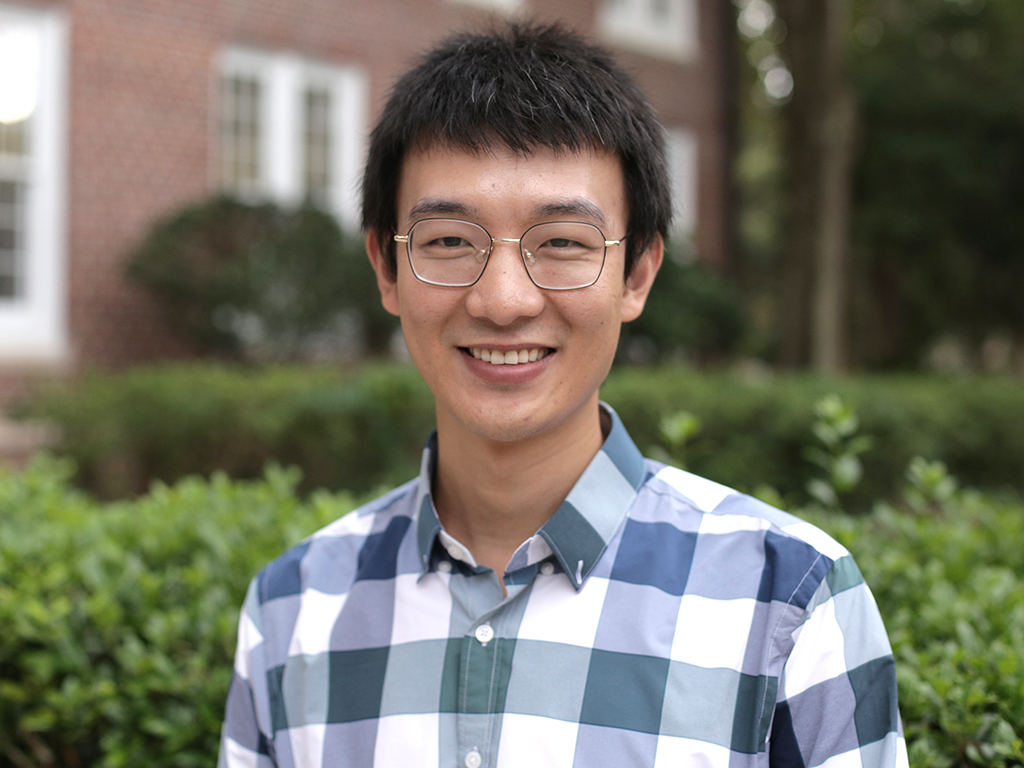Educational Technology
Program Faculty
Our ed tech program faculty are committed to fostering a dynamic and collaborative learning environment for all. These researchers are dedicated to equipping students with the essential knowledge and skills needed to navigate the ever-evolving landscape of educational technology.
Rooted in a steadfast commitment to excellence, our faculty members bring a wealth of expertise, research, and real-world experience to the forefront of our ed tech program. They are not just educators but also mentors, guiding students through their educational journey and preparing them for successful careers in the educational technology field.
What sets our ed tech program faculty apart is their deep understanding of the transformative potential of technology in education. They are at the forefront of cutting-edge research and innovative teaching methodologies, ensuring that our students are well-prepared to harness the power of technology to enhance teaching and learning outcomes.
Furthermore, our faculty members are actively engaged in the ed tech community, participating in conferences, workshops, and professional development opportunities. Ensuring that they stay abreast of the latest trends and advancements in educational technology provides our students with the most relevant and up-to-date knowledge.
Whether you are a prospective student looking to join our ed tech program or a current student seeking guidance and mentorship, our faculty is here to support you every step of the way. Join us and embark on a transformative educational journey led by our dedicated and experienced ed tech program faculty.

